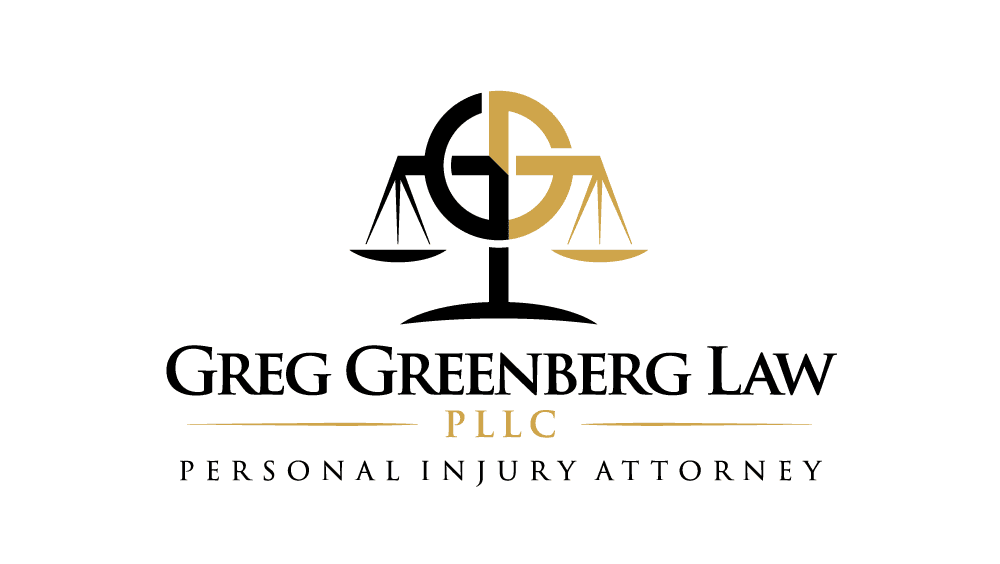Negligent security occurs when property owners fail to provide reasonable safety measures, resulting in harm to individuals on their property. For instance, inadequate lighting in an apartment stairwell can increase the likelihood of crimes like assault or robbery. When property owners neglect to take steps to prevent foreseeable crimes, victims may have the right to hold them accountable. For example, if a resident is assaulted in a poorly lit stairwell, they may be able to prove that the property owner failed in their duty to ensure a safe environment.
To succeed in a negligent security claim, victims need to show that the property owner’s failure to provide adequate security directly caused their injuries. Greg Greenberg Law can help you seek justice if you’ve been harmed due to a property owner’s negligence.
Can I Sue for Inadequate Security?
Yes, Georgia law allows individuals injured due to negligent security to pursue legal action against property owners. Whether your injury occurred at a business, residence, or public place, you may be entitled to compensation. Negligent security is a form of premises liability, which holds property owners accountable when they fail to protect visitors.
If property owners neglect basic safety precautions, such as installing security cameras, ensuring proper lighting, or providing security personnel, they can be held liable for preventable crimes and injuries that occur on their property.
Common Examples of Negligent Security
Negligent security cases frequently involve incidents like assaults or robberies in areas where safety measures were inadequate. Some common examples include:
- Lack of security cameras or failure to monitor them
- Ignoring emergency calls or security alerts
- Failing to employ trained security personnel or patrols
- Allowing broken gates, locks, or fences to go unrepaired
- Inadequate lighting in secluded or dark areas When property owners fail to take these basic safety measures, they put visitors at risk and may be held liable for resulting injuries.
Places Where Negligent Security Issues Commonly Arise
Negligent security incidents can occur in many locations, including:
- Shopping centers, retail stores, and parking lots
- Apartment buildings and hotels
- Gas stations and convenience stores
- Nightclubs, bars, and restaurants
- Recreational spaces like parks and theaters When property owners neglect to maintain security in these high-traffic areas, they increase the likelihood of injuries from criminal acts.
How to Prove a Negligent Security Case in Georgia
To prove a negligent security case, you must show that the property owner knew, or should have known, about the risk of crime on their premises. For example, if similar criminal incidents have occurred in the past at that location, the property owner may have “constructive knowledge” of the risk. Evidence such as past police reports, security logs, and witness testimonies can strengthen a case.
An experienced attorney can assist you in gathering and preserving the evidence needed to support your claim. It is important to act quickly, as physical evidence and witness memories can fade over time.
Compensation for Negligent Security Victims
If you’ve been injured due to negligent security, you may be eligible for two main types of compensation:
- Economic Damages: Covering tangible expenses like medical bills, lost wages, and property damage.
- Non-Economic Damages: Compensating for intangible losses, such as pain, suffering, and loss of enjoyment of life.
Filing a Negligent Security Claim: Timeline in Georgia
In Georgia, there is a limited timeframe in which you can file a negligent security claim. Typically, you have up to two years from the date of your injury to take legal action. Acting promptly ensures that critical evidence is preserved and all legal deadlines are met.
Contact Our Experienced Atlanta Negligent Security Attorneys
If you or someone you care about has suffered due to inadequate security measures, don’t hesitate to reach out for a free consultation. Our team is committed to holding negligent property owners accountable and securing the compensation you deserve.
NO ATTORNEY CLIENT RELATIONSHIP COMMENCES BY FILLING OUT AND SUBMITTING OUR ONLINE FORMS
